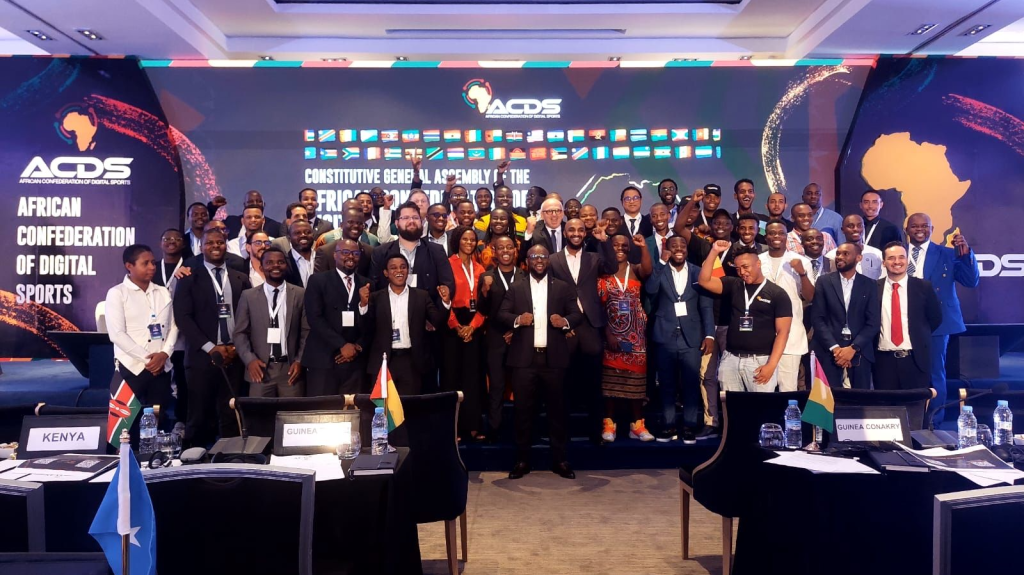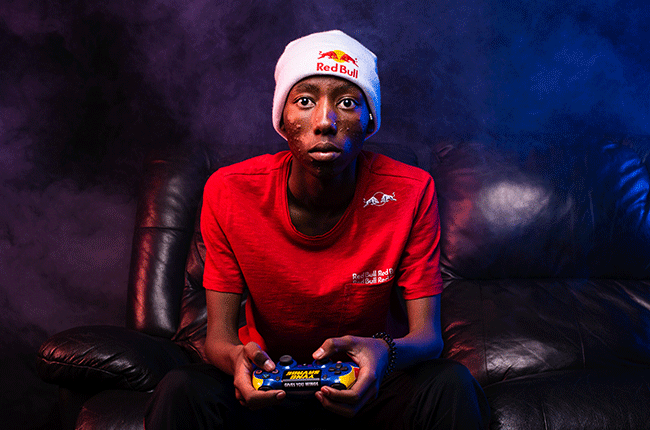The announcement of the Esports World Cup Foundation’s formal expansion into the Indian market, with strategic partnerships and official team invitations, was a significant development. India’s inclusion, via broadcast agreements, talent pathways, and club integration that reflects both the nation’s scale and its rising stature in competitive gaming. Yet, as these plans unfold, there is a pressing question for those observing from the African continent: Where does Africa fit into this so-called global picture?
The statement by Mike McCabe, Chief Operating Officer of the Esports World Cup Foundation, was clear in its intent: “The Esports World Cup’s purpose is to unite the global gaming community, and that means investing in regions driving the future of the industry.” While this is an admirable mission, the lack of corresponding movement in Africa, particularly sub-Saharan Africa, presents a noticeable absence that deserves careful scrutiny.
The comparison between India and sub-Saharan Africa is not a new one. Both regions are frequently positioned as high-potential growth zones for young populations, rising digital access, mobile-first behavior, and untapped commercial viability. Yet, while India is increasingly being welcomed into international esports structures, much of Africa remains unaccounted for in terms of visibility, investment, or inclusion.
Historically, North Africa has enjoyed limited access to global circuits, often due to its association with the Middle East and North Africa (MENA) grouping. Meanwhile, countries in West, East, Central, and Southern Africa have been left without comparable opportunities, even as local scenes for titles such as PUBG Mobile, Free Fire, Tekken, Street Fighter, and EA Sports FC continue to develop.
There have been exceptions worth noting. Prior to the rebranding of Gamers Without Borders into the Esports World Cup, African teams, such as those from Côte d’Ivoire and South Africa who competed in Tekken and Street Fighter titles. The Afro-Arab Cup, held under the same earlier umbrella, featured African players in direct competition with Arab teams in games such as eFootball and Valorant. These efforts, though limited in scope, demonstrated the region’s readiness and capacity to participate. Their absence from current EWC frameworks is difficult to explain.
There is also the matter of terminology. The Esports World Cup bears a name that suggests inclusion across all global regions. However, without a formal African qualifying pathway or even public acknowledgment of its gaming communities, the term “world” becomes aspirational rather than accurate. A global competition must reflect geographic and cultural diversity, or risk perpetuating a narrow and exclusionary definition of international participation. It is worth asking, how many African competitors have been confirmed for the Esports World Cup? What efforts are being made to engage with African federations, clubs, or organizers?
Africa does not lack players, teams, or infrastructure. What it lacks is equitable access. The establishment of clear regional qualifiers, development programs, and competitive invitations would not only align with the Esports World Cup Foundation’s stated goals, it would also help to ensure the integrity of the event’s identity as a global platform.
Sub-Saharan Africa, in particular, remains the final frontier of global esports development. It is a region filled with promise and ambition, and its communities are already forming around the very titles present at the EWC. The absence of African representation at this stage cannot be justified by scale, interest, or infrastructure alone. It is, in the end, a question of whether the institutions shaping the future of esports are willing to extend meaningful inclusion to all regions.
India’s entry into the Esports World Cup is welcome and well-deserved. It should, however, serve as a precedent, not an exception. Africa deserves a seat at the table—not for symbolism, but for substance. The next edition of the Esports World Cup presents a chance to correct course and extend genuine inclusion to one of the most dynamic, overlooked, and important regions in the global gaming landscape.
Whether that happens remains to be seen.




